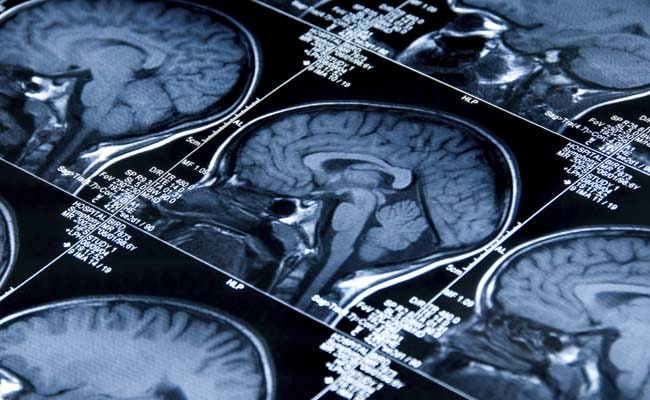
New research says that switching to a diet full of veggies and low in processed foods can work like magic for your brain's biological age.
The research from the University of Negev in Israel says that eating a Mediterranean diet rich in vegetables, seafood, and whole grains appears to slow the signs of accelerated brain ageing typically seen in obesity with as little as 1 per cent loss in body weight, Science Alert reported.
The study said that the diet appeared to slow down the brain's ageing by nearly nine months compared with its chronological age.
For the study, the researchers imaged the brains of 102 participants and took brain scans before any lifestyle changes were made.
The brain scans were taken after 18 months, along with a battery of tests of liver function, cholesterol levels, and body weight.
Groups ate one of three diets: a Mediterranean diet with lots of nuts, fish, and chicken instead of red meat; a Mediterranean diet with a few added extras such as green tea for the polyphenols; or a diet based on healthy dietary guidelines.
The researchers analysed blood biomarkers, fat deposition and body mass index in addition to testing liver function, cholesterol levels and body weight. They then monitored changes in the brain over the course of the study, New Post reported.
The researchers found that the people on the trail lost around 2.3 kilograms. For every 1 per cent of body weight lost, the participant's brains appeared 9 months younger than their chronological age.
The study said that the signs of slowed brain ageing were also associated with lower levels of liver fat and improved lipid profile but again, these changes could be superficial or short-lived.
Lead author and neuroscientist Gidon Levakov of the Ben-Gurion University of the Negev in Israel said, "Our study highlights the importance of a healthy lifestyle, including lower consumption of processed food, sweets, and beverages, in maintaining brain health."
However, the study had its limitations as the majority of the participants were female.
The study has been published in eLife.
Track Latest News Live on NDTV.com and get news updates from India and around the world

